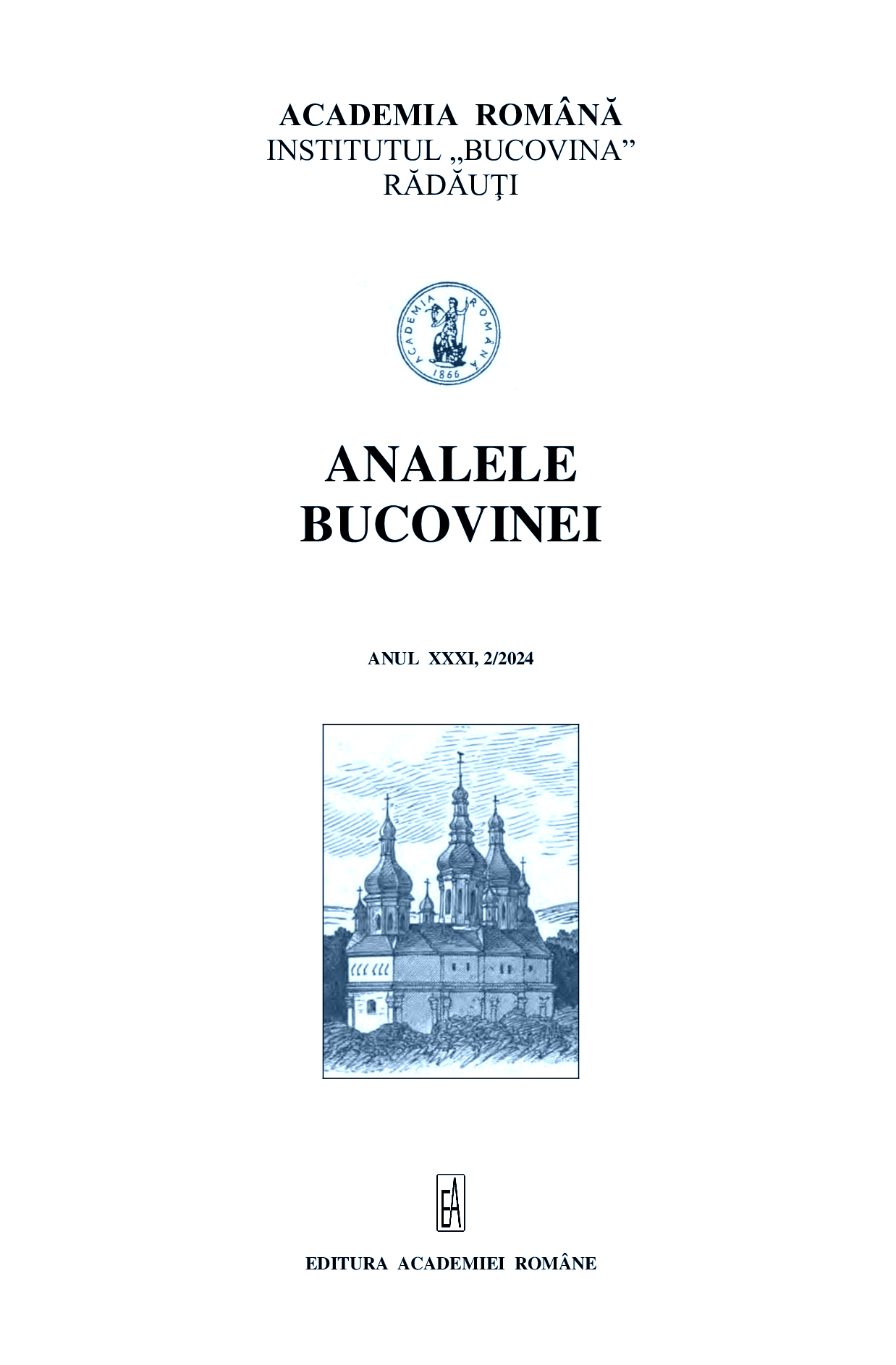DEVENIREA ANTI-PIESEI CÂNTĂREAȚA CHEALĂ. CONTEXT LINGVISTIC ȘI TEMPORAL
The Becoming of the Anti-Play Cântăreața cheală / The Bald Soprano. Linguistic and Temporal Context
Author(s): Oana ZugravuSubject(s): Theatre, Dance, Performing Arts, Studies of Literature
Published by: Editura Academiei Române
Keywords: Eugène Ionesco; ‟English without a Teacher”; ‟The Bald Soprano” anti-play; ‟new theatre” / Theater of the Absurd; artistic manifesto
Summary/Abstract: This study is a comparative analysis of the Ionescian masterpiece ‟The Bald Soprano” – which marked the French literary debut of Eugène Ionesco – and its initial version, ‟English without a Teacher”, written in Romanian in 1943. The author is interested in deciphering the transformation mechanism of the initial version, which she attributes the status of an artistic manifesto, into the work that would illustrate not only the debut of the French playwright of Romanian origin but also the launch of the ‟new theatre” on the world stage. Therefore, she considers a comparative analysis of the two texts from a compositional-linguistic, stylistic, but also temporal, historical, and cultural perspective. The starting hypothesis is that ‟English without a Teacher” represents for ‟The Bald Soprano” not just a ‟hypotext” but a reference point for both literatures, a ‟re-creation” of the text written in Romanian in an adapted and stylized version, the French one. In the new interpretative paradigm proposed by the study’s author, ‟English without a Teacher”, the future ‟The Bald Soprano” can play the role of Tristan Tzaraʼs Dada Manifestos, announcing and preparing the public for a change.
Journal: ANALELE BUCOVINEI
- Issue Year: 63/2024
- Issue No: 2
- Page Range: 455-487
- Page Count: 33
- Language: Romanian

